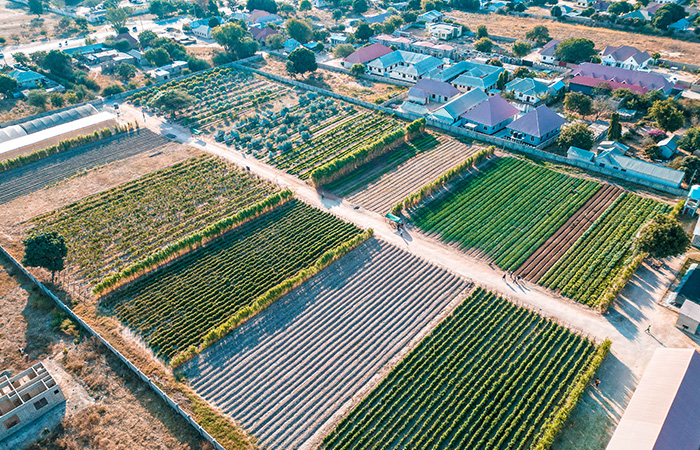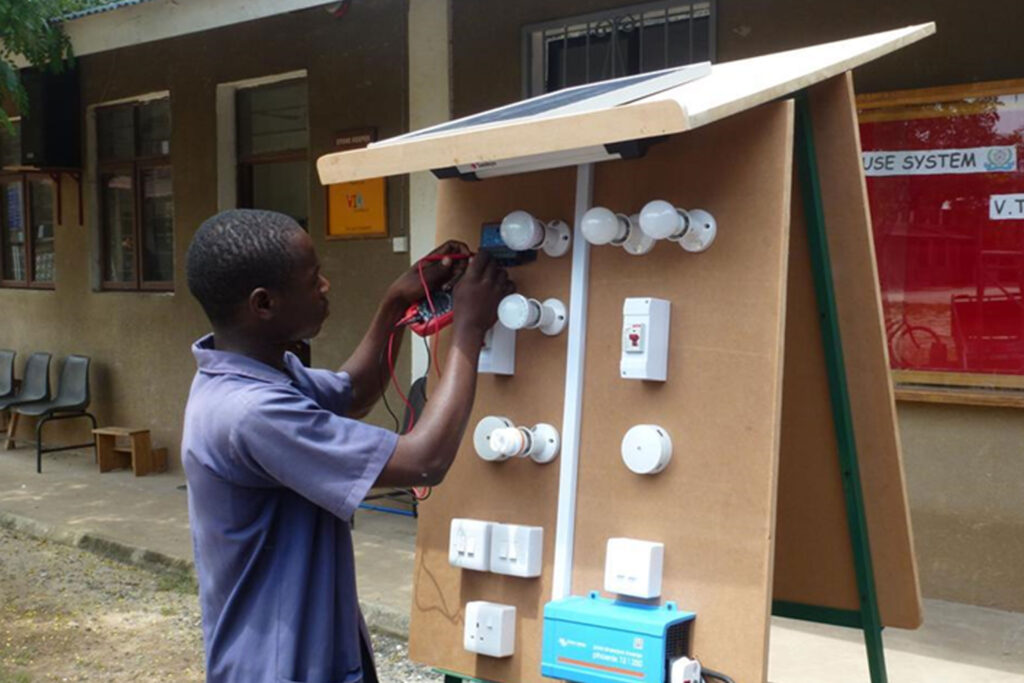Bridging Opportunities for Disadvantaged Youth through TVET Education
The Don Bosco Planning and Development Office-Tanzania has partnered with Diamond Trust Bank (DTB) to advance Technical and Vocational Education and Training (TVET). Officially launched on August 15, 2024, this three-year program provides full scholarships to ten students (six female and four male) at the Don Bosco Iringa Youth Training Centre (DBYTC). The initiative will cover all educational expenses and focus on equipping students with market-relevant vocational skills in Tailoring, Plumbing, Electrical Installation, and Motor Vehicle Mechanics.
This collaboration underscores DTB’s dedication to Corporate Social Responsibility and aligns with the PDO’s mission to uplift marginalized youth, particularly female students who are underrepresented in the Tanzanian TVET landscape. Both institutions are committed to exploring opportunities to expand this partnership, with the potential to reach more students and extend support to additional Don Bosco institutions across Tanzania.
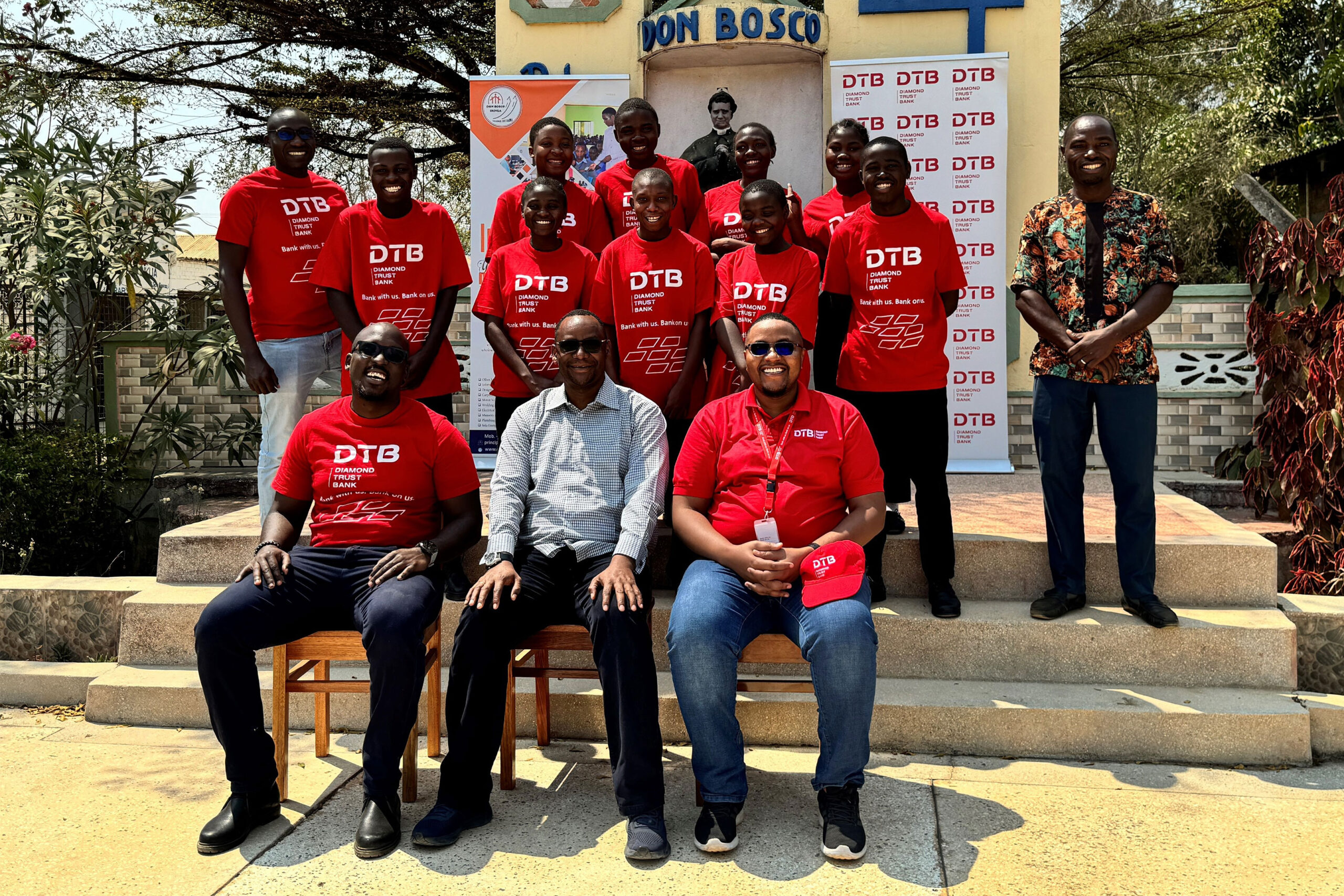
By investing in education, we’re not just changing individual lives – we’re building a more skilled workforce and vibrant communities. To learn how you can support this initiative, please visit https://dbtz.org/ or contact economer@donboscotanzania.org/ +255756308518
THE APPRENTICESHIP TRAINING PROGRAM
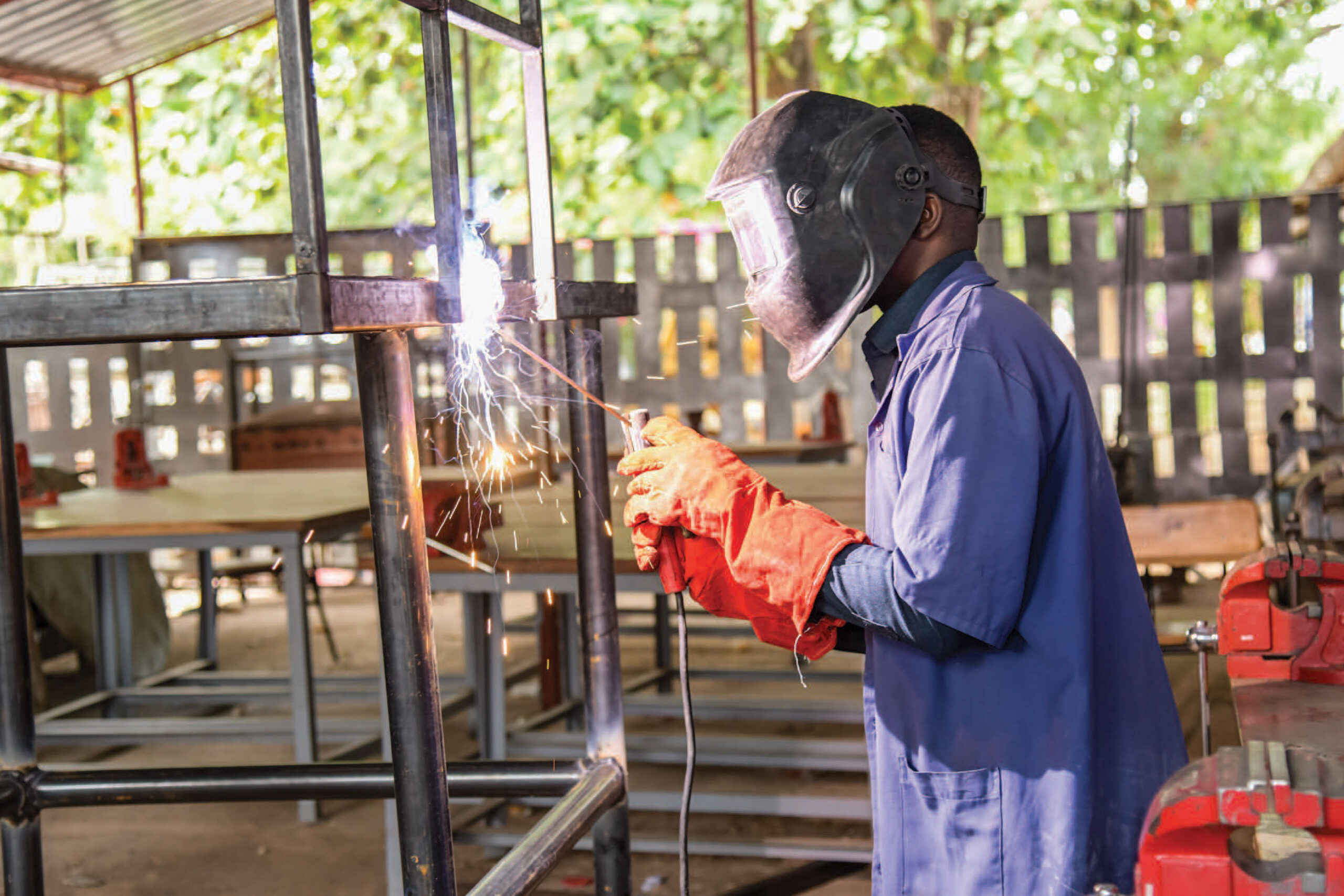
Paving Career Pathways for Tanzania’s Industrial Future
Don Bosco Tanzania continues to support government initiatives through the Public-Private Partnership strategy established in 2018. This collaboration focuses on imparting practical, hands-on skills to Tanzanian youth and is closely aligned with the government’s National Skills Development Programme (NSDP). The primary aim is to equip the national labor force with employable skills, thereby enhancing workplace productivity and driving industrial growth.
In the implementation of the 4th cohort of students since the official collaboration with the Government, through the Prime Minister’s Office—Labor, Youth, and People with Disabilities, Don Bosco has successfully enrolled and trained 1,032 young individuals in vocational education across nine trades: Electrical and Solar, Tailoring, Fitter Mechanics, Carpentry, Welding, Motor Vehicle Mechanics, Plumbing, and Masonry.
This collaboration reinforces a shared commitment between Don Bosco and the Tanzanian government to empower youth with the skills needed to thrive in a competitive job market and by focusing on trades that are critical to the country’s infrastructure and industrial development, the initiative not only enhances the individual prospects of the trainees but also supports broader national goals of economic growth and industrialization.
Moreover, the program is designed to be inclusive, providing opportunities for youth from diverse backgrounds, including those from marginalized communities and those with disabilities an aspect that is central to the mission of Don Bosco, which aims to uplift and empower all young people, particularly those who may otherwise lack access to quality education and training.
“Empowering Tanzanian Youth: Building Skills and Creating Decent Jobs through Strategic Partnerships”
Don Bosco Oysterbay VTC with the support from DB Planning and Development Office is implementing the Skills Development, Social Dialogue, and Decent Jobs for Young Tanzanians. Funded by a consortium of Danish partners (Danish Trade Union Development Agency (DTDA) (lead applicant) and Confederation of Danish Industry, DI (co-applicant) in collaboration with the Danish Family and Planning Association (DFPA) and under the supervision of the Trade Union Confederation of Tanzania TUCTA, and its affiliated unions TUICO and RAAWU, as well as the Association of Tanzanian Employers (ATE). The Project is a comprehensive initiative aimed at addressing the challenges faced by young people in Tanzania in terms of skills development and employment opportunities. It focuses on fostering partnerships and collaboration between various stakeholders, including government institutions, employers, workers’ organizations, and educational institutions, to promote inclusive economic growth and create decent jobs for the youth.
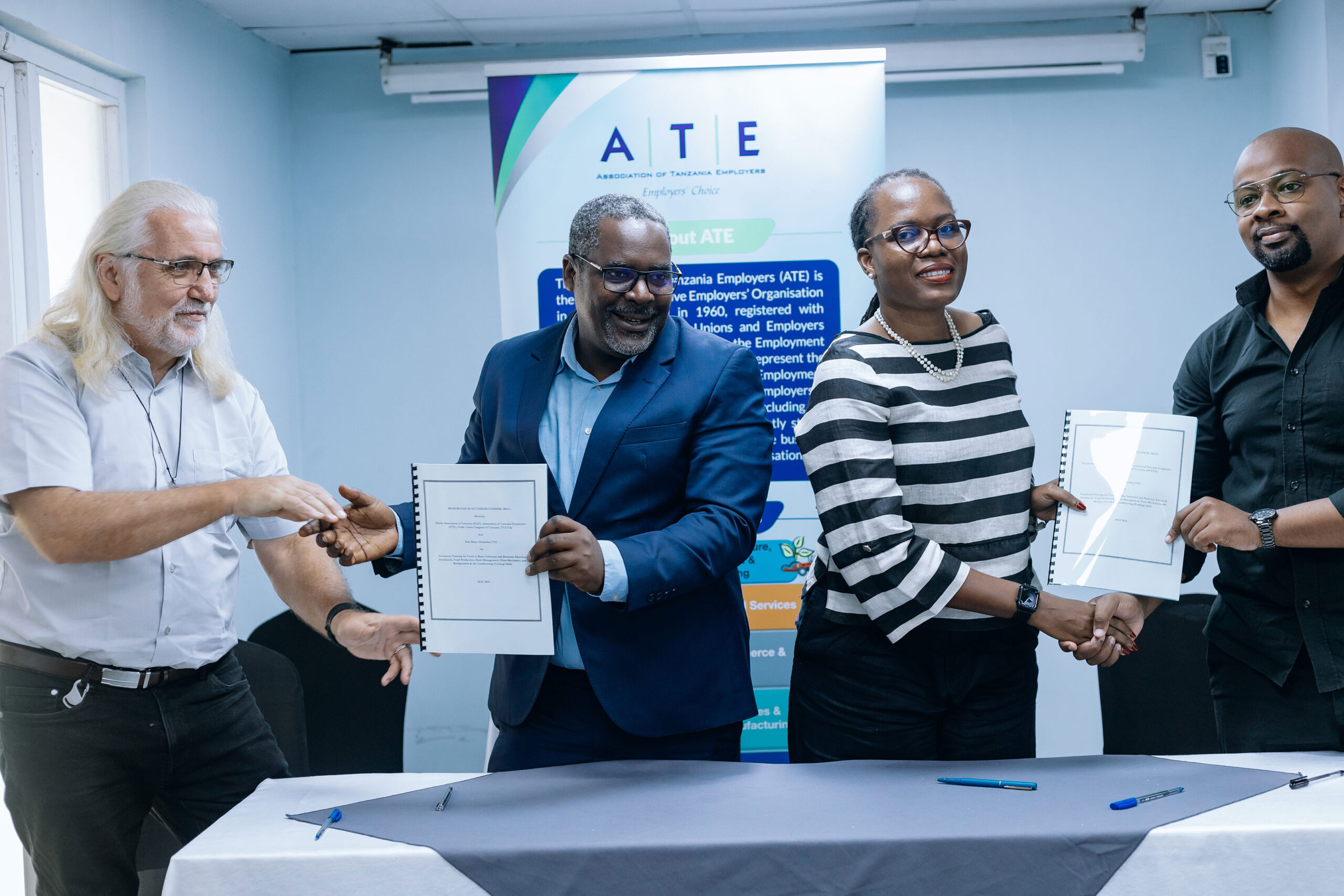
Through this project, Don Bosco Oysterbay VTC has successfully equipped 250 young individuals with essential skills and knowledge in Electrical Installation, Air Conditioning, Food Production, Bakery, and Hotel Management. These efforts are aimed at improving employability, income security, and ensuring decent working conditions for the youth, who represent a significant segment of Tanzania’s future workforce.
The current project timeline is scheduled to conclude in December 2024. However, the Don Bosco Planning and Development Office has proactively begun discussions to extend the collaboration, aiming to prolong the project’s implementation period beyond 2024.
The quality and relevance of Don Bosco Tanzania’s TVET education are influenced by various factors, including the level of industry sector involvement. To enhance this aspect, Don Bosco, through its Planning and Development and Job Services offices, has facilitated partnerships by signing four Memoranda of Understanding (MoUs) with key industry associations: the Tea Association of Tanzania (TAT), the Hotel Association of Tanzania (HAT), the Confederation of Tanzania Industries (CTI), and the Tanzania Horticultural Association (TAHA).
Through these established Partnerships Don Bosco Tanzania aims to enhance the training curriculum for students pursuing careers related to the agriculture, hotel management, industrial, and horticulture sectors as well as related fields. Through these collaborations, Don Bosco students are expected to gain more practical insights and hands-on experience, making them more competitive and capable of contributing to the growth of Tanzania’s tea sector.
The established partnerships are more than just formal agreements; they represent a concerted effort to ensure that Don Bosco Tanzania’s TVET programs are closely aligned with the needs of the job market. By involving industry leaders in the education process, Don Bosco aims to not only enhance the employability of its graduates but also contribute to the broader goal of economic development in Tanzania. Through these collaborations, students are better prepared to enter the workforce with the skills, knowledge, and experience that employers are actively seeking, thereby improving their prospects for secure and rewarding employment.
Advancing Agriculture: The Transformative Impact of Solar Technician Training
Patrick Makoye is among the beneficiaries of the Solar Technician project sponsored by the Charles Stewart Mott Foundation at Don Bosco Dodoma VTC. Having acquired skills, knowledge, and competencies to install and maintain solar systems, Patrick took the personal initiative to establish a company for solar/electrical installation works and maintenance.
One of Patrick’s major projects in 2024 was the installation of a 6.2 Kw solar power system in Chamwino, Dodoma. This substantial solar installation, set up on a six-acre farm, is specifically designed to power advanced irrigation systems. By harnessing solar energy, the farm is able to operate its irrigation mechanisms efficiently and sustainably, reducing reliance on traditional energy sources and ensuring a consistent water supply. The latter not only enhances the farm’s productivity but also contributes to the broader goals of sustainable agriculture and energy independence in the region.
Don Bosco Tanzania is proud to have provided Patrick with the essential skills that have enabled him to contribute to this significant transformation. Building on this success, Don Bosco is committed to further enhancing its Solar Technician training curriculum, with a focus on the productive uses of solar energy within agricultural value chains. The goal is to equip graduates with a deep understanding of both current and emerging trends in the solar energy sector in relation to agriculture value chains, empowering them to become key advocates for the productive uses of solar energy particularly in Agriculture. By doing so, they will play a vital role in advancing the agricultural sector, which remains the backbone of the country’s economy
